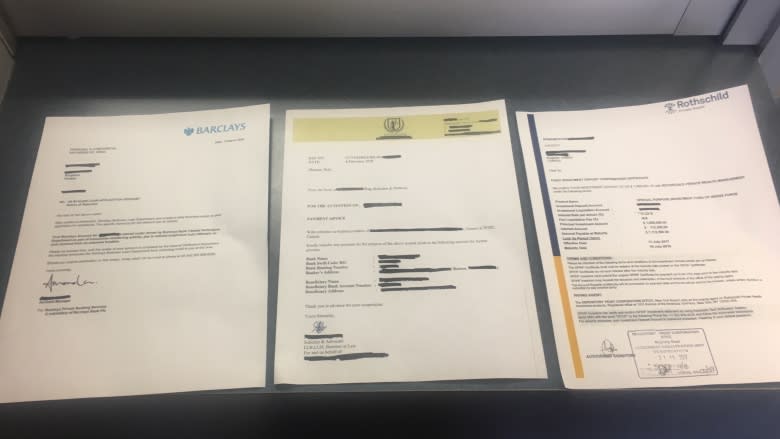2 Islanders lose combined $97K to fraudsters
Fraudsters continue to prey on Island victims through several different scam techniques.
On Thursday, P.E.I. RCMP said they received two reports from people who lost large amounts of money through two different scams.
Police say a Cornwall resident in their 20s gave more than $12,000 to someone purporting to represent the Canada Revenue Agency.
RCMP also received a complaint from a 70-year-old Stratford woman who sent over $85,000 to a person they met on an online dating website.
Police called it a "very elaborate scam" which took place over the course of six months and had the fraudster forge financial and travel documents.
"[He] sent her a large number of official looking documents that led her to believe he was a businessman, he did have a lot of money, but for various reasons his money was tied up at the present time, and he needed to move forward with his business," said Sgt. Kevin Baillie.
The documents had logos from banks and lawyers offices, one even had what looked like a bank stamp, but Baillie warns not to believe everything you see.
"It's all too easy to take a logo off the internet and put it on another document, to falsify official stamps and that sort of thing, so just because a document looks genuine don't assume it is."
Baillie said he understands that when developing a relationship you have to try and trust the person but says people should be extra cautious when it is online.
"Unless you've met the person face to face and you've verified a lot of the information, I think people we met over the internet just be a little slower to trust and certainly it's one thing to put some trust in someone, it's another thing to send a large sum of money."
There was also report of someone claiming to be an RCMP officer asking for money, and a grandparent who sent money to someone claiming to be their grandchild.
RCMP say investigating these types of scams is difficult because many of them originate outside the country.
Police say victims should report scams to the police, and call the Canadian anti-fraud centre if you suspect something could be a scam.
Baille also pointed to an online publication from the Competition Bureau Canada called The Little Black Book of Scams as a good resource.
More P.E.I. News




